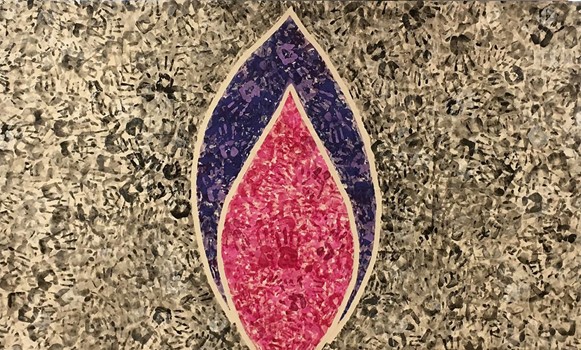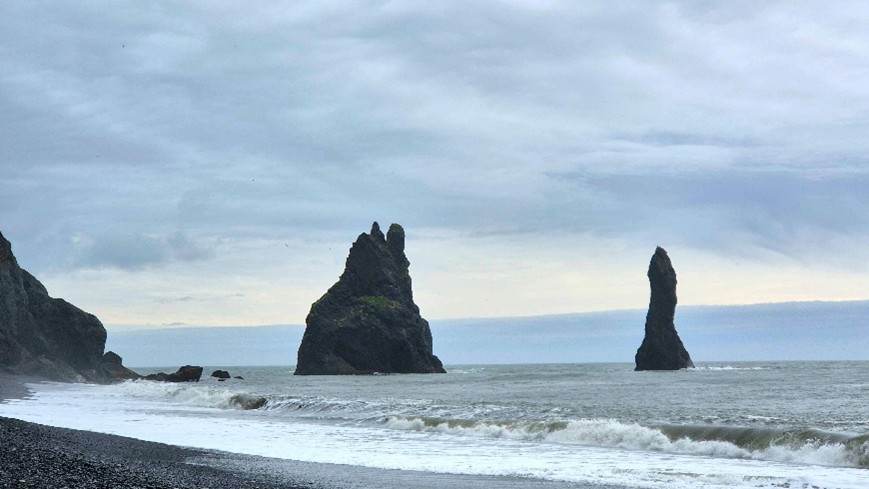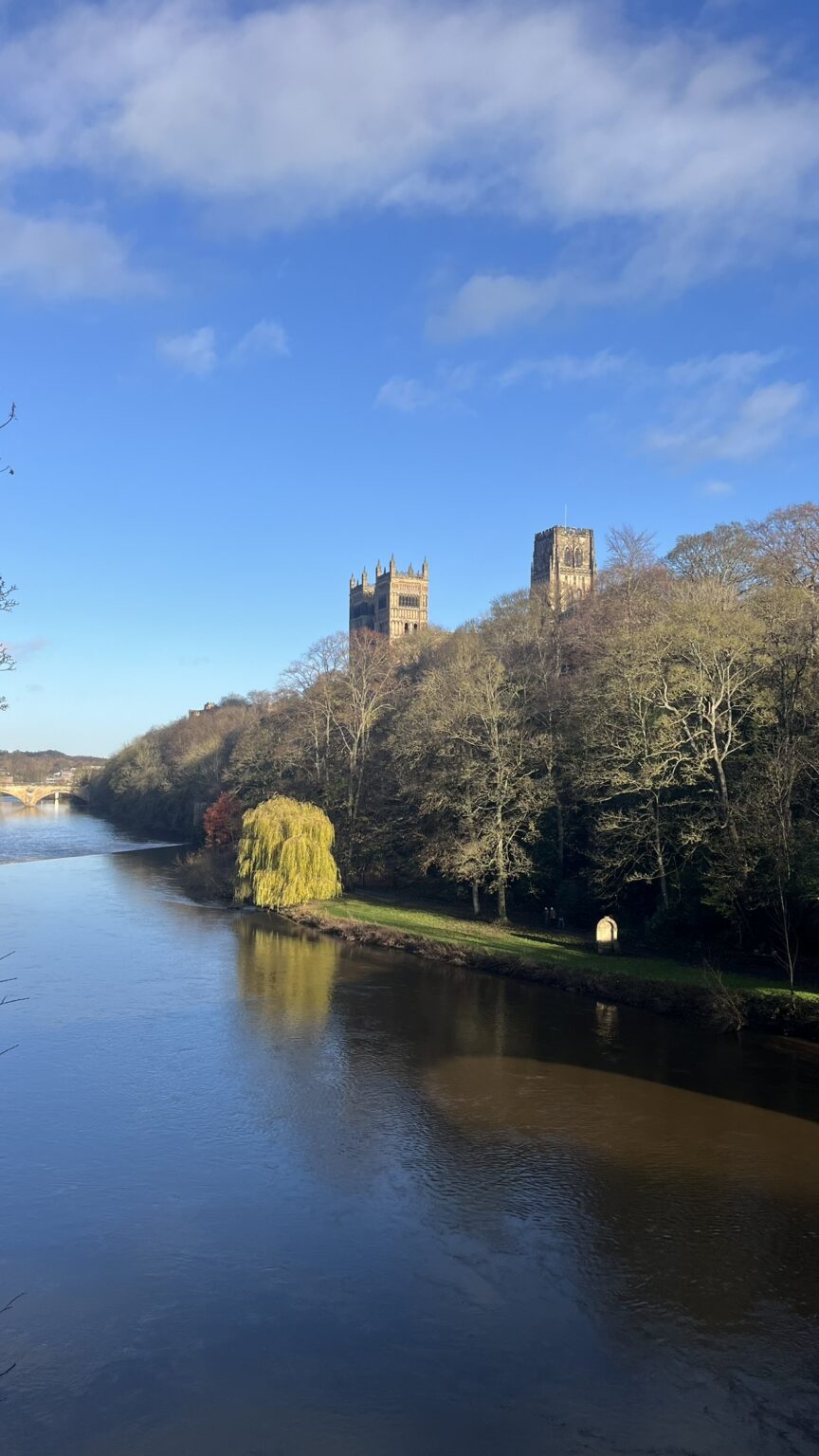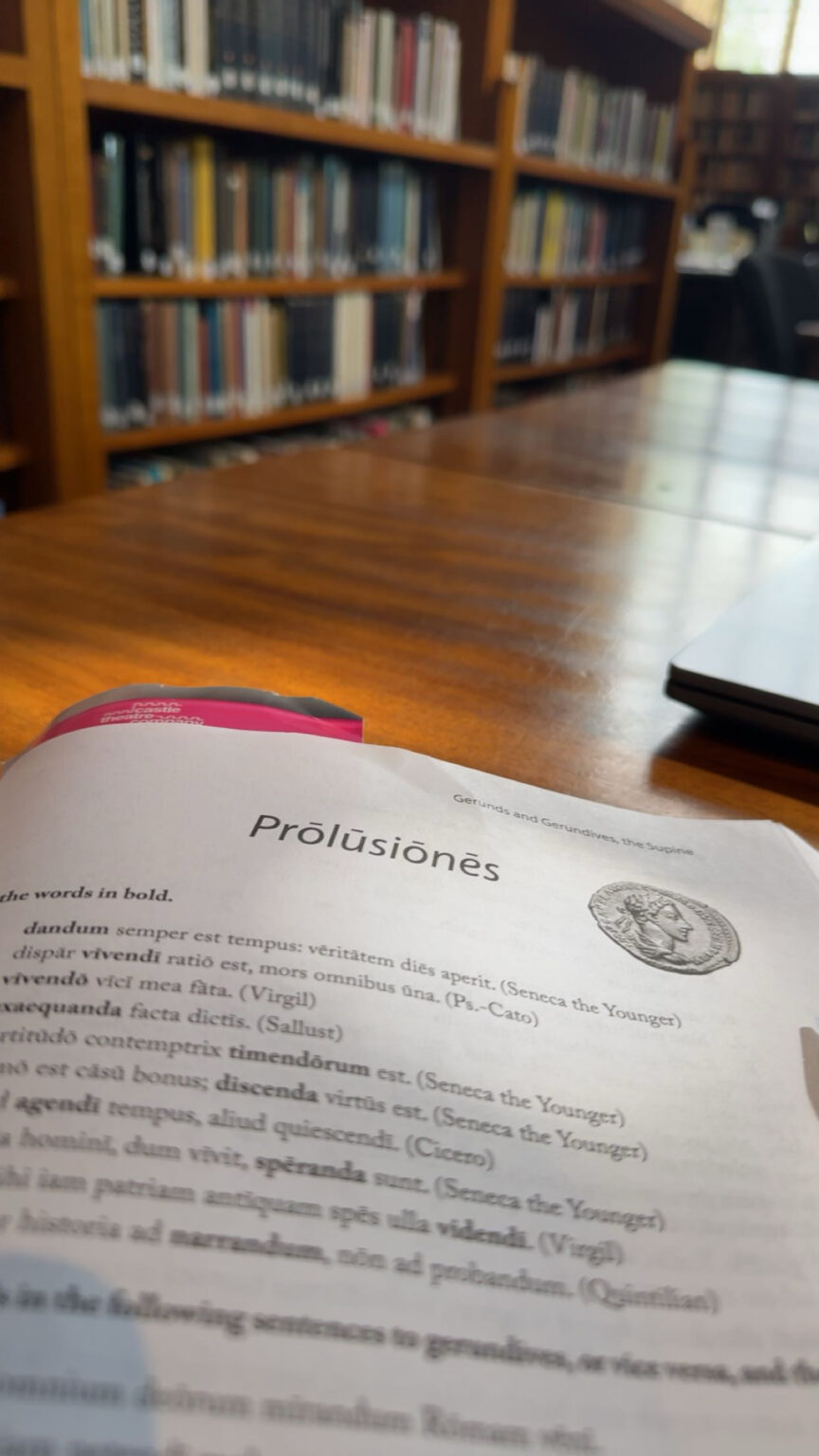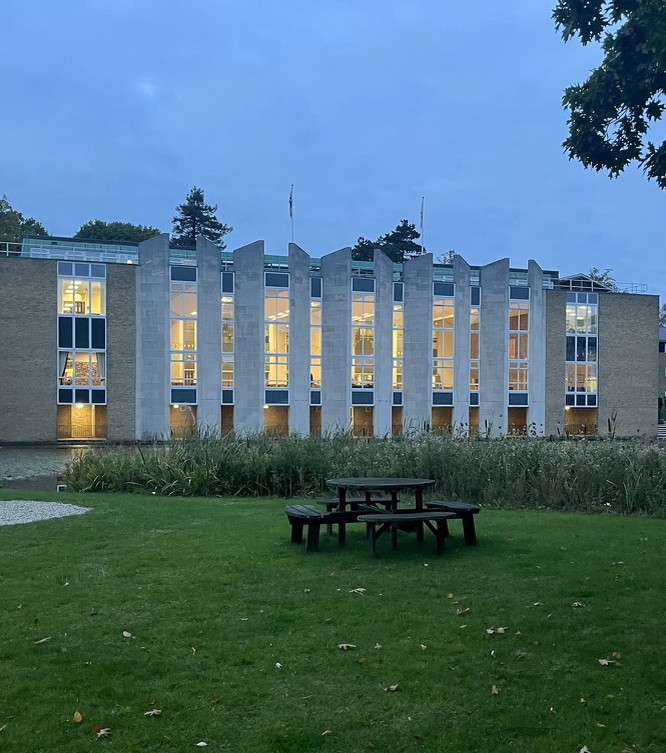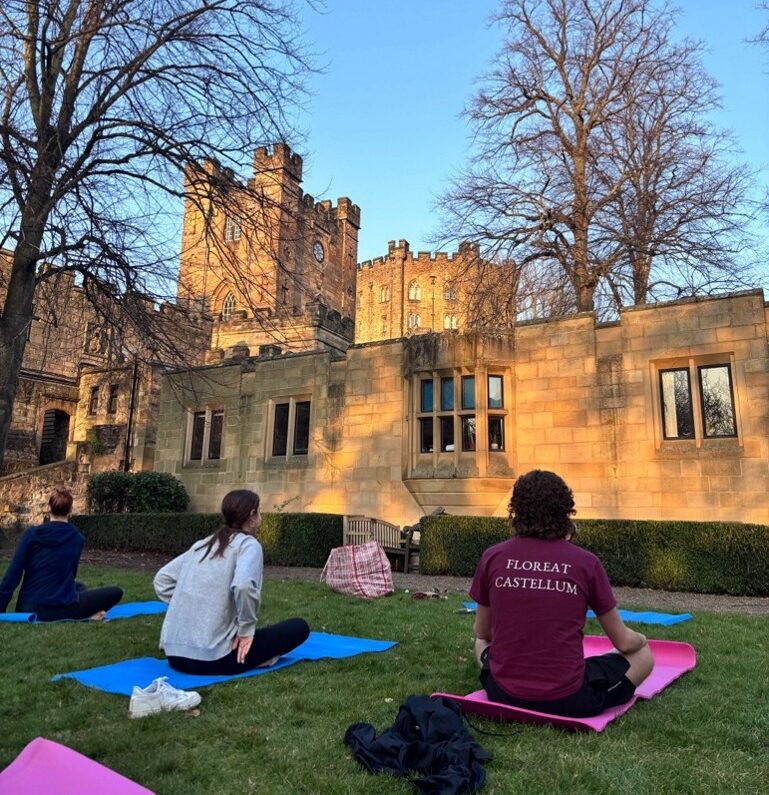Holocaust Memorial Day occurs every year on the 27th of January. This date marks the liberation of Auschwitz- Birkenau, the largest concertation camp, in 1945.
We remember the six million Jews that were murdered, alongside all the other victims of the Holocaust, and the genocides that have followed.
What happened in the Holocaust?
During the 1920s – 1930s in Germany, Jews were distanced from public life, as a result of antisemitic nationalism. There were deemed as a threat, dangerous and inferior. Once Hitler was in power, this antisemitism became the national ideology and policy of his regime.
Jews were confined in Ghettos where they were forced to labour for the German authorities. These Ghettos were in very poor neighbourhoods, the people were deprived of their property, separated from the public and exploited for labour. As time wore on, the food that entered the ghettos was restricted, and people began to be deported to labour and death camps.
Primo Levi, a Holocaust survivor, who spent almost a year as a prisoner in Auschwitz wrote this poem called ‘If this is a man’:
You who live safe
In your warm houses,
You who find, returning in the evening,
Hot food and friendly faces:
Consider if this is a man
Who works in the mud
Who does not know peace
Who fights for a scrap of bread
Who dies because of a yes or a no.
Consider if this is a woman,
Without hair and without name
With no more strength to remember,
Her eyes empty and her womb cold
Like a frog in winter.
Meditate that this came about:
I commend these words to you.
Carve them in your hearts
At home, in the street,
Going to bed, rising;
Repeat them to your children,
Or may your house fall apart,
May illness impede you,
May your children turn their faces from you.
The Jews were systematically murdered in the concentration camps under the ‘Final Solution’. Camps were established across all German territories, including occupied Poland. Auschwitz was the largest concentration camp, situated in occupied Poland. Over 1.1 million men, women and children were murdered there. Those in the camp who were not murdered by gas chambers were worked to death, starved, or used in medical experiments. Primo Levi accounts that when he was liberated from Auschwitz the men from the Soviet Army gave “strangely embarrassed glances at the sprawling bodies, at the battered huts and at us few still alive”.
Why is it important to remember this?
This day reminds society today of the severe danger of letting discrimination go unchecked.
Discrimination against many sectors of society across the world is still very prevalent. Genocides have tragically occurred since the Holocaust, in Cambodia, Rwanda, Bosnia, and Darfur to name a few. Holocaust Memorial Day is not only a memorial for those who have died but positive action for a safer future, and a vehicle for tackling global discrimination within societies.
Having visited Yad Vashem, the National Holocaust Memorial site in Israel, I was deeply motivated to think about how I can personally ensure that the Holocaust is never forgotten. It is not just a day that we remember and commemorate all the victims, but marks a precedent for every day, to never forget the atrocity and the systemic murdering of whole generations.
What’s happening at Durham
There are several events and services being run this year. A programme can be found here


